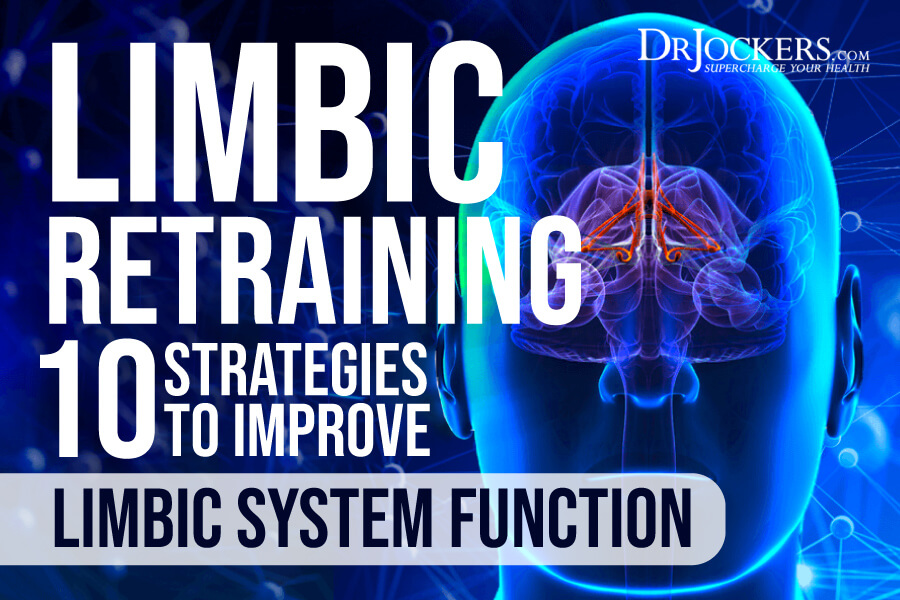 Limbic Retraining: 10 Strategies to Improve Limbic System Function
Limbic Retraining: 10 Strategies to Improve Limbic System Function
The limbic system is a complex set of structures located in our midbrain. It is called the “feeling or reactive brain” and is responsible for the formation of memories. The limbic system gathers and filters information and stimuli from our environment and responds to this information. It assigns emotional significance to everything we encounter and reacts to this information as safe or unsafe.
There are many things that can alter or inhibit the normal functioning of the limbic system including infections, trauma, chemical or mold exposure, inflammation, chronic stress, and immune system dysfunction. When the limbic system is not functioning properly, it can become overactive or hypersensitive. This causes an inappropriate activation of the immune, endocrine, and autonomic nervous systems.
As a result of limbic system dysfunction, a person is more vulnerable to developing chronic conditions. These conditions include chronic fatigue syndrome, myalgic encephalomyelitis, fibromyalgia, multiple chemical sensitivities, mold sensitivities, pain syndromes, anxiety, panic attacks, adrenal fatigue, irritable bowel syndrome, POTS, and other conditions.
There are many strategies a person can implement to improve their limbic system function. Additionally, several programs have been developed to retrain the limbic system. This article will discuss these strategies and programs.
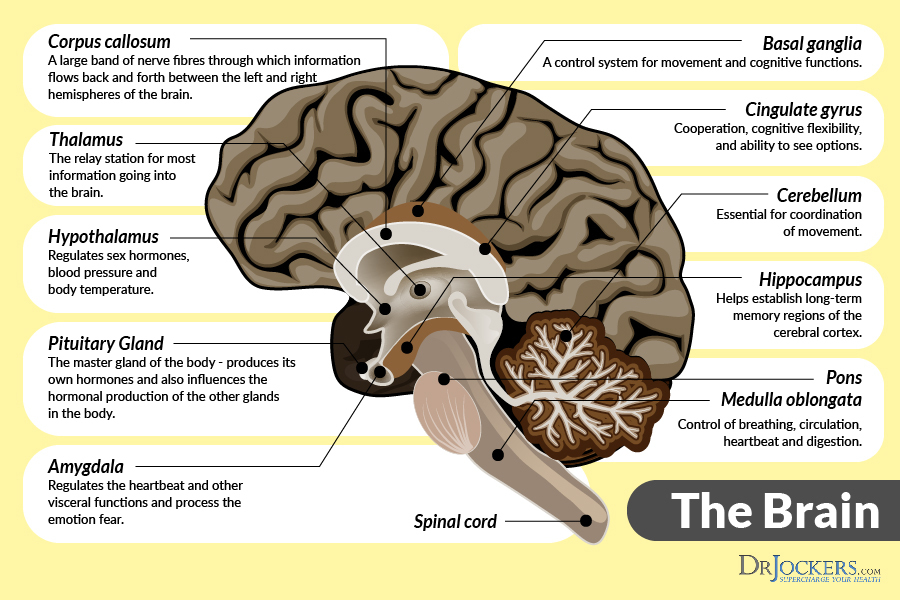
What is the Limbic System?
The limbic system is a complex set of structures in the middle of the brain. The limbic lobe was named by the French physician Paul Broca in the 1800s (1). As first elaborated by the American neuroanatomist James Papez in 1937, the limbic system is primarily responsible for our emotional life (2).
It also has a central role in the formation of memories, learning, motivation, and certain bodily functions. The limbic system is made up of a network of structures. These include:
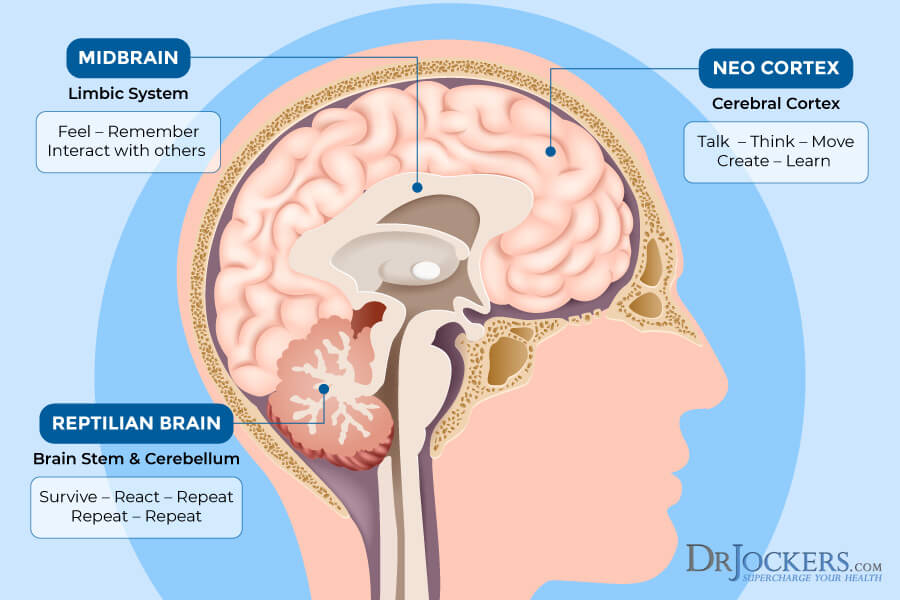
Hypothalamus
The hypothalamus is a tiny structure (about the size of a kidney bean), but one of the busiest parts of the brain. It is mainly concerned with homeostasis, working like a thermometer.
The hypothalamus regulates hunger, thirst, response to pain, levels of pleasure, sexual satisfaction, anger, and more. It also regulates the functioning of the autonomic nervous system (ANS). The autonomic nervous system is composed of the sympathetic (fight or flight) nervous system and the parasympathetic (rest and digest) nervous system.
By regulating the ANS, the hypothalamus controls blood pressure, heart rate, breathing, digestion, hunger, thirst, sexual arousal, and the circadian rhythm sleep/wake cycle. It controls the endocrine system by triggering the pituitary/thyroid/adrenal glands to release hormones into your bloodstream.
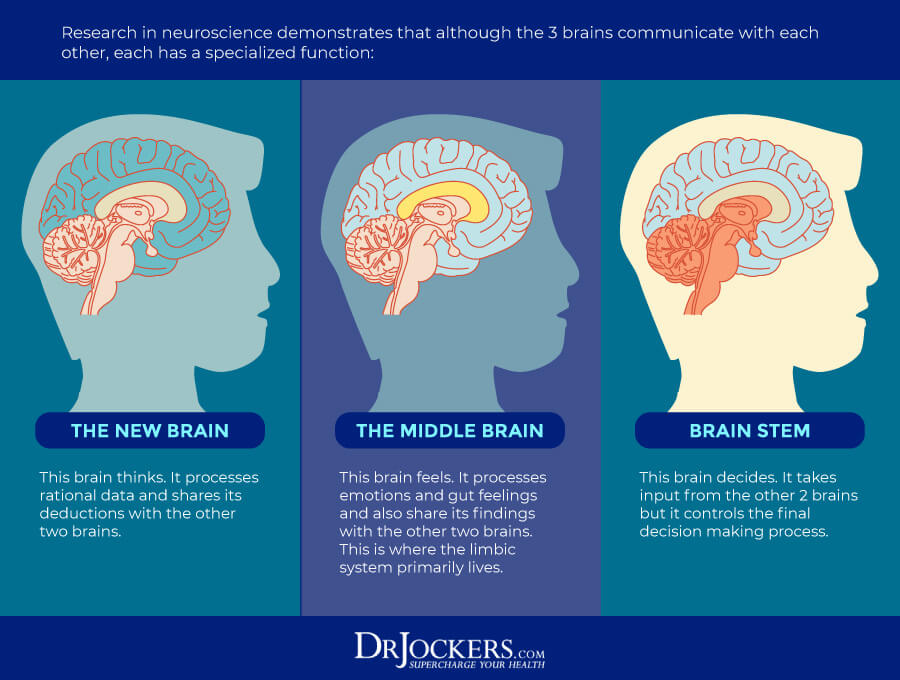
Hippocampus
The hippocampus is a seahorse shaped structure that plays a key role in forming new memories. It converts short-term memory to long-term memory. If the hippocampus is damaged, a person has older memories intact, but cannot build new memories so everything they experience fades away.
Amygdala
The amygdala is an almond-shaped set of neurons located deep in the temporal lobes of the brain. The amygdala controls the aggressive and fear response, producing feelings of anxiety, aggression, anger, and fear. The amygdala also plays a role in food choice and emotional modulation of food intake.
There is currently no scientific consensus on all structures involved in the limbic system. Other structures that are considered part of the limbic system include cingulate gyrus, parahippocampal gyrus, mammillary body, and nucleus accumbens. The limbic structures are closely related to the olfactory cortex and have a role in processing our sense of smell.
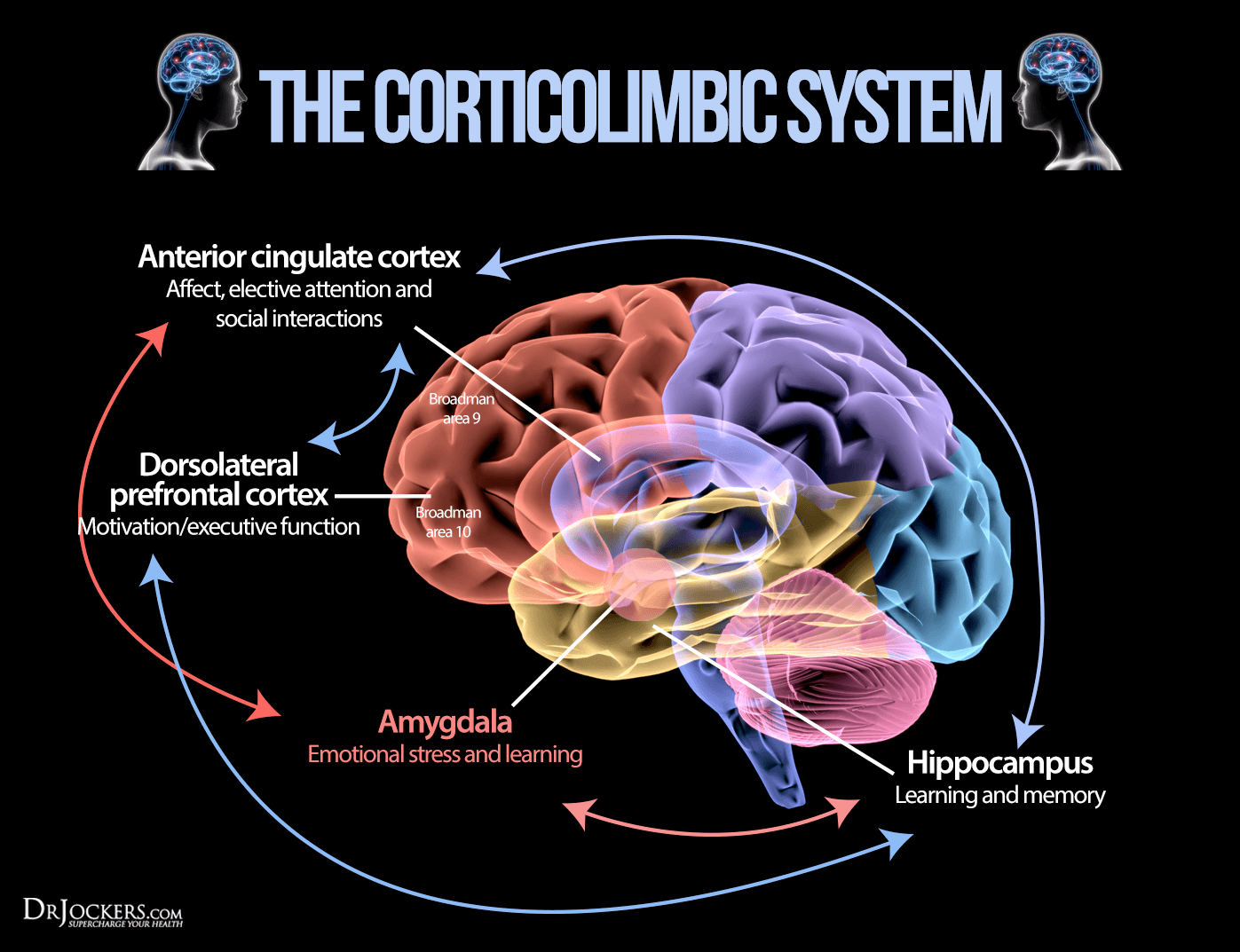
Functions of the Limbic System
There are many functions of the limbic system (2). This hard-working region of the brain controls or regulates the following:
- Response to sensory information (especially sense of smell)
- Appetite and eating behaviors
- Sleep and dreams
- Emotional responses
- Sexual behavior
- Addiction and motivation
- Memory
- Social cognition
How the Limbic System Can Affect the Body
Limbic system abnormalities, dysfunction, and/or damage have been associated with many conditions (2). These include:
- Epilepsy
- Limbic encephalitis
- Dementia/Alzheimer’s
- Anxiety disorders
- Schizophrenia
- Affective disorders
- ADHD (Attention Deficit Hyperactivity Disorder)
- Autism
- Kluver-Bucy syndrome (symptoms related to bilateral destruction of the amygdala)
- Korsakoff’s psychosis
Factors that Can Cause Limbic System Dysfunction
There are several factors or neurotoxic injuries that may inhibit the normal functioning of the limbic system. These include:
- Viral, bacterial, or fungal infection
- Physical trauma
- Psychological or emotional trauma
- Chemical exposure
- Mold toxicity
- Inflammation
- Chronic Stress
- Immune system dysfunction
These insults damage our limbic system causing it to remain in a continuous emergency state. When in a state of high alert, our brain tamps down our regulatory body systems, including the immune system and detoxification pathways. As a result, a person is more vulnerable to chemicals, bacteria, and viruses.
Exposure to neurotoxins, traumas, or stressors in a person with limbic system dysfunction may lead to chronic conditions in addition to those listed above. These conditions include chronic fatigue syndrome, myalgic encephalomyelitis, fibromyalgia, multiple chemical sensitivities, mold sensitivities, pain syndromes, anxiety, adrenal fatigue, irritable bowel syndrome, POTS, and other conditions.
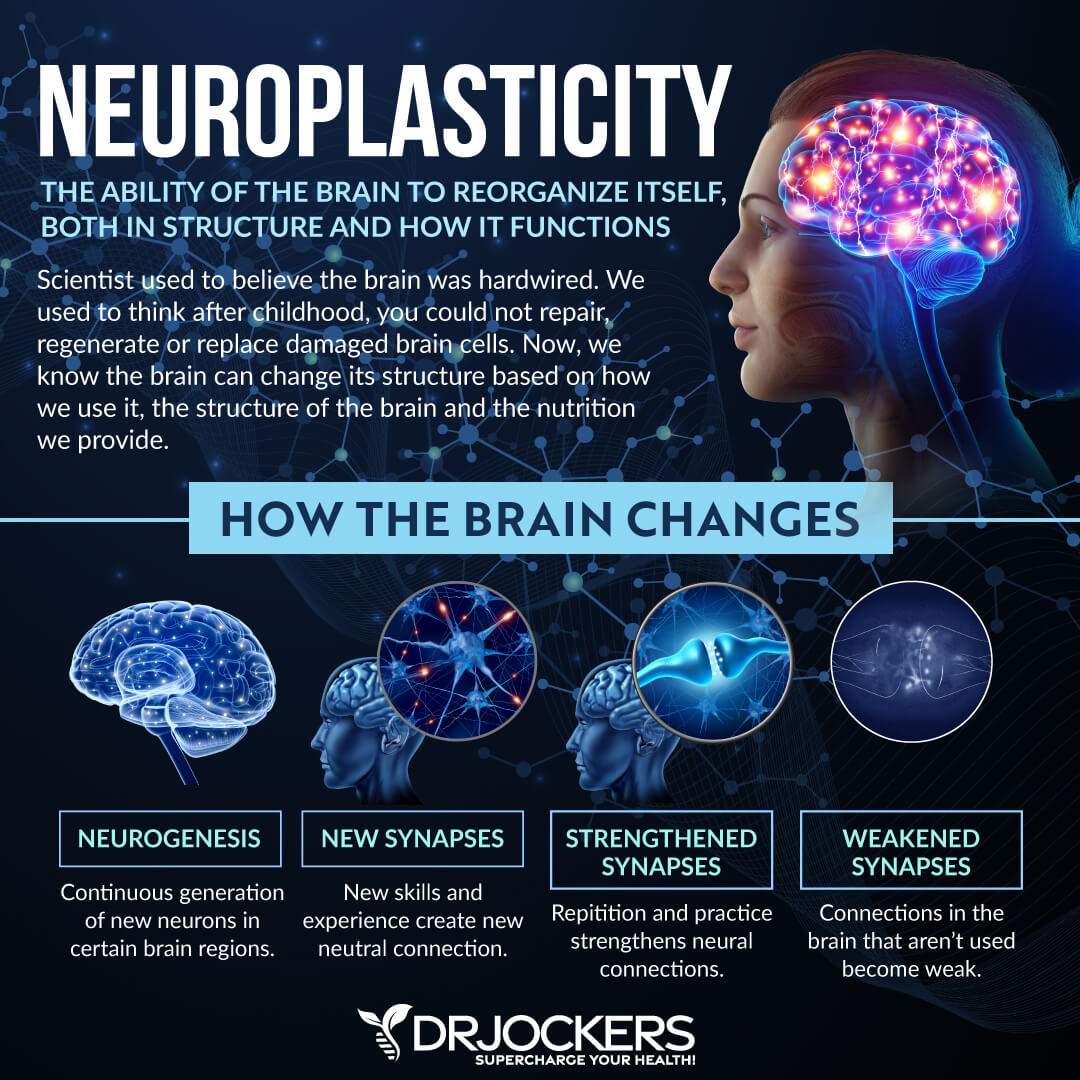
Neuroplasticity
Limbic retraining is based on neuroplasticity, or neural plasticity. Neuroplasticity is the ability of the brain to change and form new neuronal networks throughout a person’s lifetime.
This is a relatively new concept because for years scientists believed that the brain’s ability to form new neuronal pathways was fixed after infancy. Limbic retraining attempts to rewire neuronal pathways in the brain that are associated with a maladapted stress response.
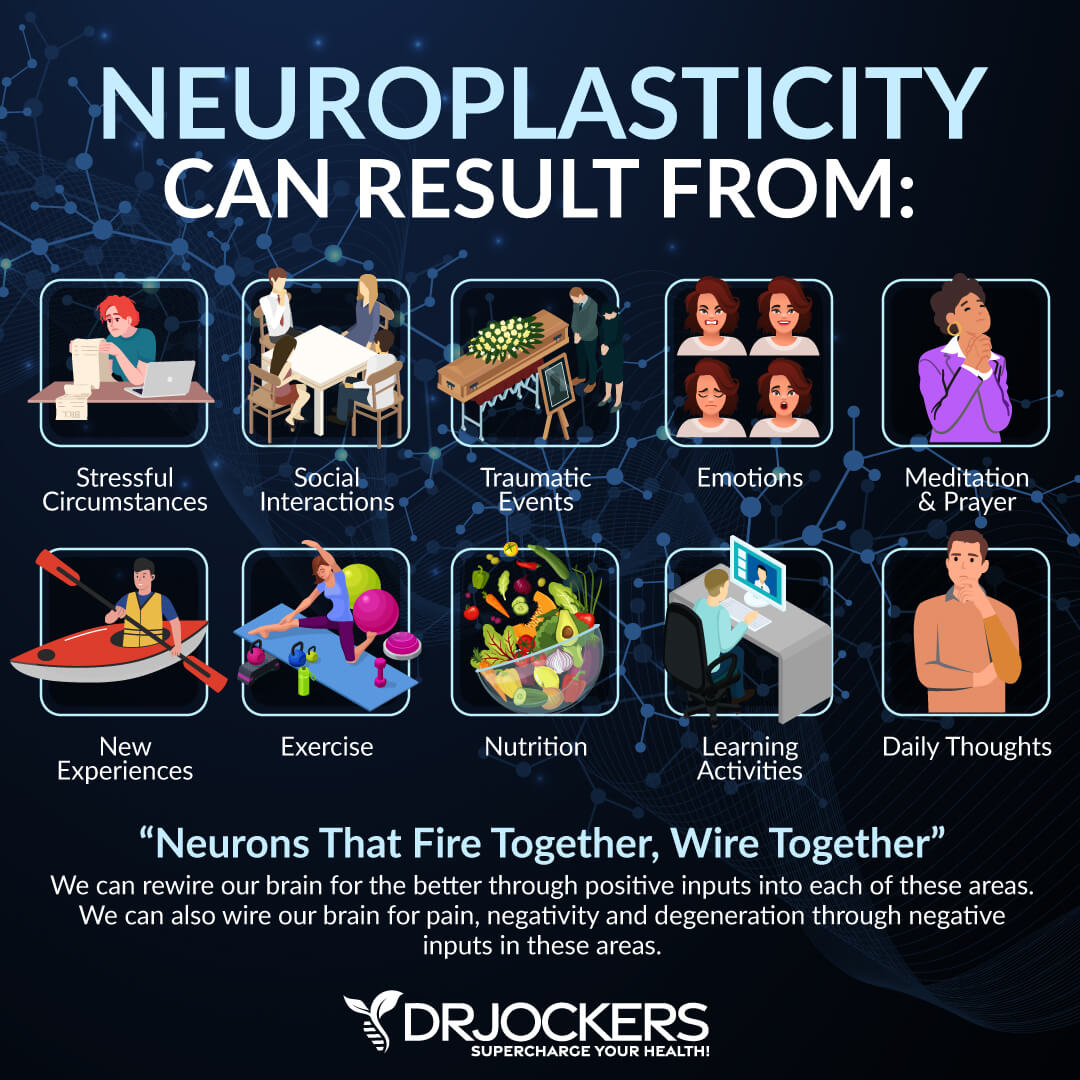
How to Improve your Limbic System
Improving your limbic response is very important to your overall quality and experience of life. The healthier your limbic response, the more resilient you will be to the stressors you face on a day-to-day basis.
When your limbic system is out of balance, you have an overreactive stress response which impacts your mood, your relationships and your physical and emotional health. Follow these key strategies to improve your limbic response.
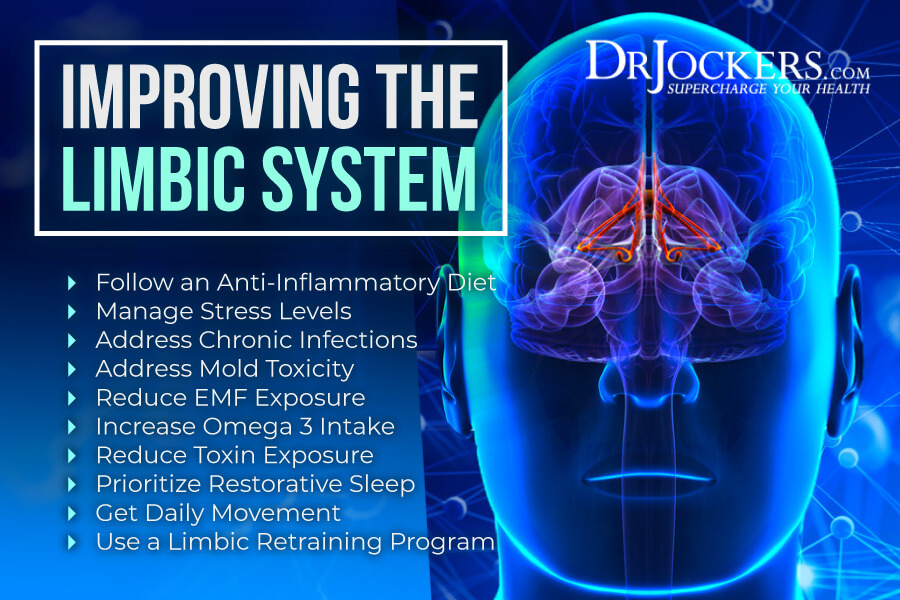
1. Anti-Inflammatory Diet
One of the best strategies for improving symptoms of limbic dysfunction is to consume an anti-inflammatory diet. An anti-inflammatory diet eliminates toxic foods that cause inflammation and includes foods that help to reduce inflammation, stabilize blood sugar, and provide necessary nutrients.
Foods to Avoid
Cognitive dysfunction is associated with inflammation, so it is critical to avoid highly inflammatory foods. Highly inflammatory foods include refined sugars and grains, food additives and preservatives, GMO foods, and foods with pesticides and toxic debris.
Meat and dairy from conventionally raised animals, farmed fish, processed foods, hydrogenated fats and highly processed vegetable oils, such as canola, grapeseed, and safflower, promote inflammation and should be strictly avoided. These foods and ingredients upregulate inflammation, create extra acidity in the tissues, and poison and destroy brain tissue.

Foods to Include
The foods to eat on an anti-inflammatory diet are whole, unprocessed foods. Always choose grass-fed meats, wild-caught fish, and pastured eggs. Include a variety of low-carbohydrate, low-glycemic, colorful vegetables.
Vegetables and fruits have abundant amounts of antioxidants and phytonutrients. Antioxidants are compounds naturally found in green vegetables and other foods. They help control oxidative stress in the body and prevent or delay cellular damage. Antioxidants protect your body from chronic disease by neutralizing and removing damaging free radicals from the body, modulating inflammatory processes, and boosting your immune system.
Cruciferous vegetables, leeks, shallots, cucumbers, asparagus, and leafy greens are all good choices for brain health. Low glycemic fruits include berries, lemons and limes, grapefruit, and granny smith apples. Blueberries and lemons are two of the best fruits for brain health. Herbs have powerful anti-inflammatory and brain-healing properties.
Quality fats are a very important part of a brain-healthy diet. Healthy fats are found in coconut, olives, avocados, and their oils and in grass-fed butter and ghee. Omega-3 fatty acids and conjugated linoleic acid (CLA) found in wild-caught salmon and grass-fed beef and dairy are important for brain health.
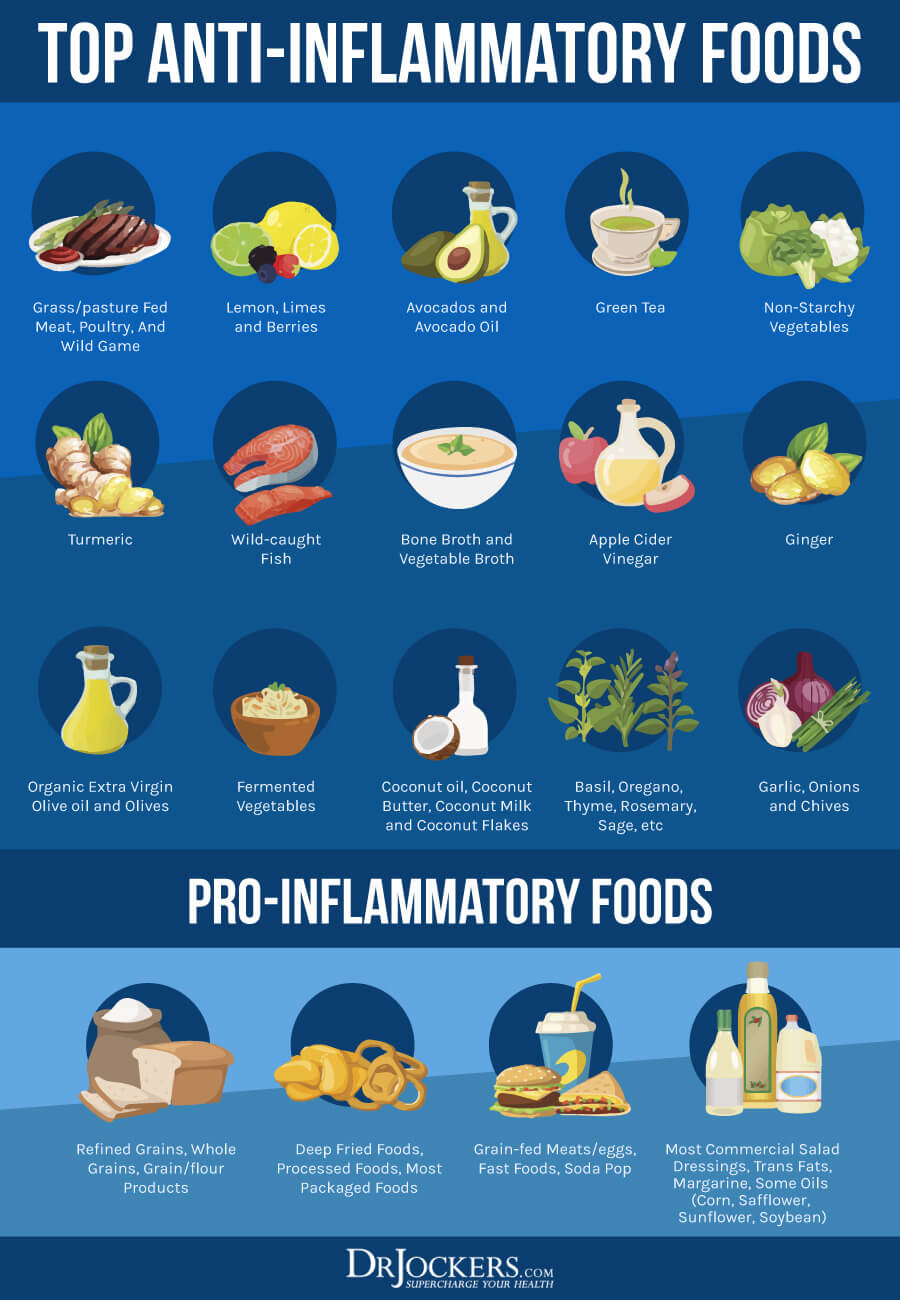
2. Manage Stress Levels
Stress is one of the leading factors in cognitive dysfunction. Severe stress causes inflammation in the brain and has a negative impact on brain health.
The importance of stress management was exemplified by a study that identified 27 stressful life events that can cause permanent damage to the brain (3). These stressful experiences were found to age the brain by several years. The study found that even events early in life may have an impact on later brain health showing the need to reduce stress throughout your lifespan.
A 2018 study had similar results. The study looked at the impact of negative “fateful life events” on the brain. The researchers found that having more stressful events in life was associated with advanced brain aging (4).
Following the anti-inflammatory, healing diet and balancing your blood sugar levels are two effective strategies for reducing stress on the body. Other powerful techniques are prayer, meditation, grounding, deep breathing exercises, sunlight exposure, Epsom salt baths, and dry brushing.
Stimulating activities can help reduce stress and engage the brain. Activities such as playing games, reading books, crafts (like quilting and knitting), and art can help reduce cognitive impairment. Listening to music can help minimize stress and may facilitate brain neurogenesis.

Gratitude and Laughter
Being in a state of gratitude is one of the best things you can do to improve your limbic response. Gratitude helps calm your stress hormones and releases hormones such as oxytocin, serotonin and endorphins that help put your mind and body in a positive state.
Laughter can also be extremely therapeutic for your limbic response. As the old saying goes, “laughter is the best medicine.” This is due to the impact of laughter on our stress response system and the release of endorphins which help reduce pain in the body and stimulate positive feelings.
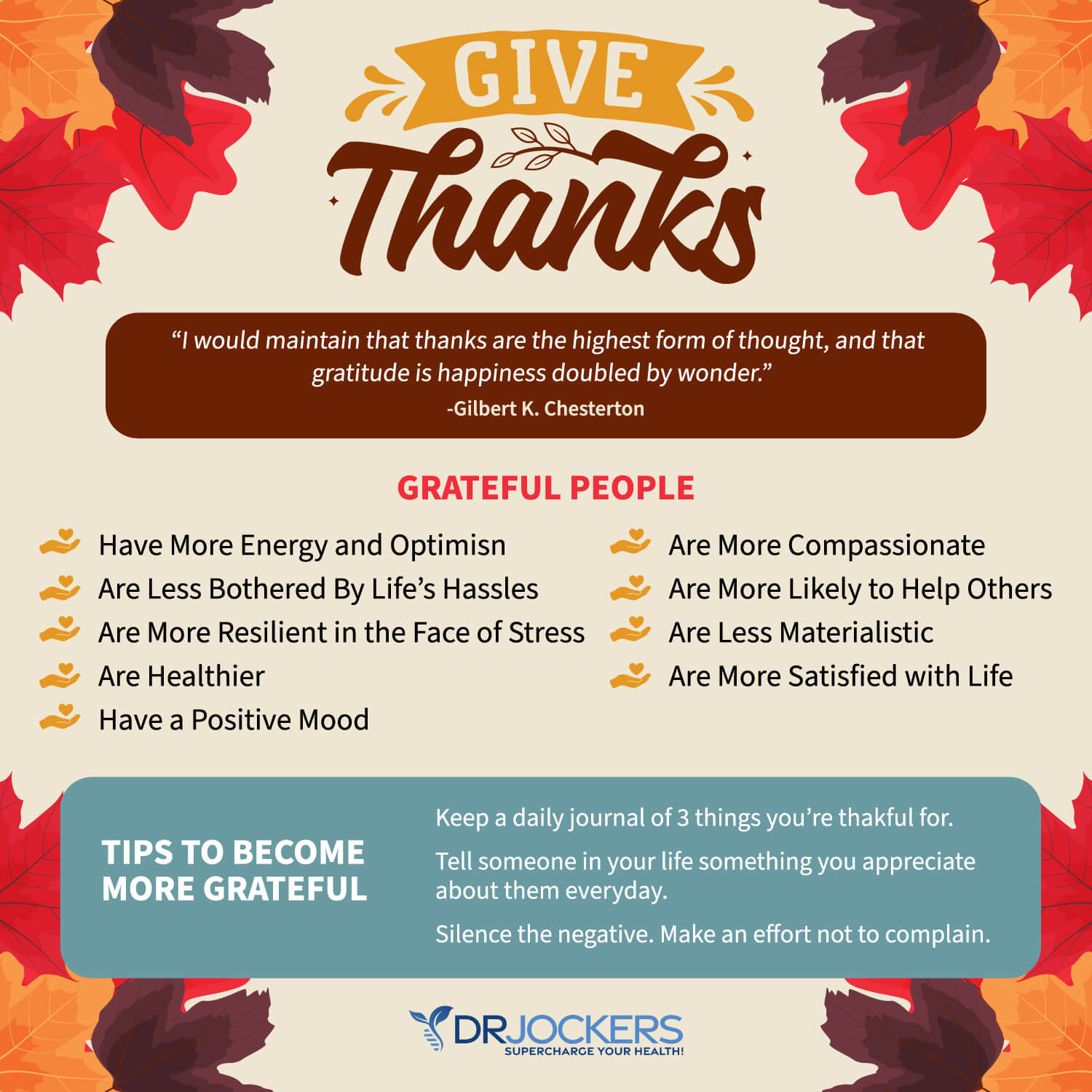
3. Address Chronic Infections
Infections can inhibit the functioning of the limbic system. It is important to identify and address any infections.
Gut Infections
The gastrointestinal tract is a major entry point for pathogens which can cause gut infections. Infections in the gastrointestinal tract may lead to a chronic inflammatory response. These infections must be addressed to reduce inflammation and improve your symptoms.
To test for gut infections, the GI-MAP™ Stool Analysis Test is the most thorough stool test on the market. It tests for imbalances in the gut microbiome, candida and other fungi, viruses, and parasites, including both protozoa and worms. This comprehensive test reveals the integrity of your gastrointestinal system with digestion, immune response, and gliadin, and inflammation markers. Once your infections are identified, you should work with a health practitioner to address these infections.
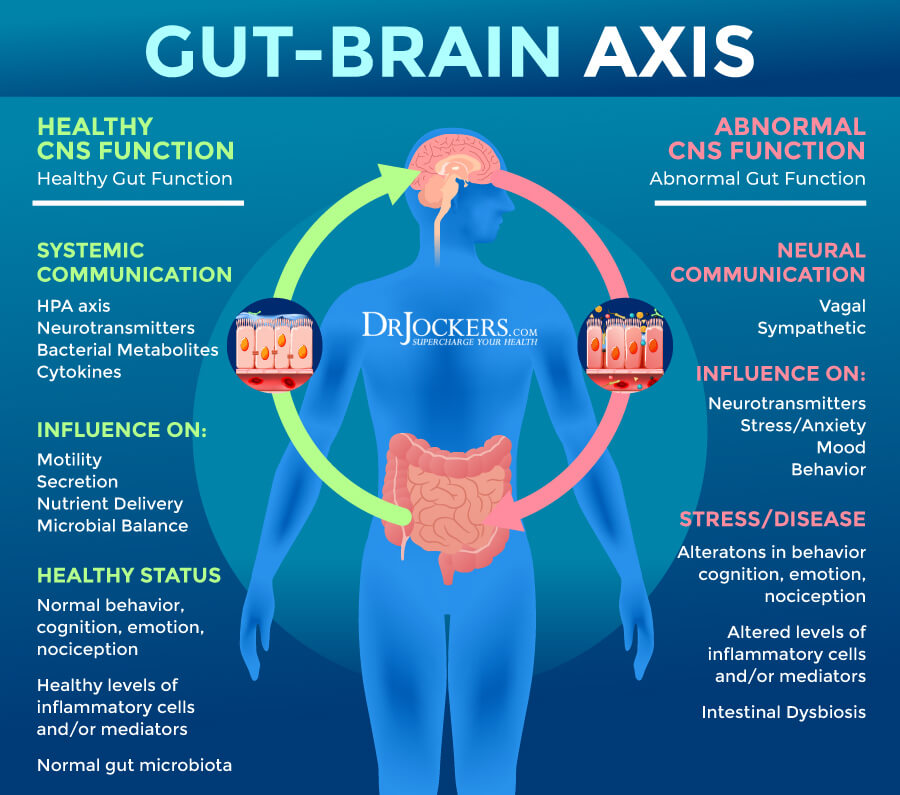
Viral Infections
There are more than 400 viruses that can cause infections in your body. A virus is a small infectious agent with genetic material, RNA or DNA, surrounded by a coat of protein, lipid (fat), or glycoprotein. They can only replicate inside the cells of another organism, so they are parasitic. When our bodies encounter a virus, our adaptive immune response acts to clear the primary infection. With some viruses, the immune response is not enough to eradicate the virus and it becomes chronic.
There are blood tests to help determine whether you have a viral infection and which type of infection is chronic or active in the body. The Comprehensive Blood Analysis is a comprehensive test that includes a Complete Blood Count (CBC). The CBC shows the distribution of white blood cells and red blood cells. White blood cells regulate the immune system and can indicate altered immune activity.
The Comprehensive Viral Panel tests for the major viruses that impact human health including EBV, CMV, HSV, HHV-6, Varicella Zoster and Rubeola. This test measures antibodies and viral antigens to determine how the body’s immune system is reacting to these viruses. This test can reveal which infections are present and whether they are active or chronic infections. If you have a history of chronic pain or fatigue and increased lymphocytes and/or monocytes on the CBC, this test may be helpful.

4. Avoid Mold Toxicity
An inflammatory response to mold exposure can damage the limbic system. Water damaged buildings are one of the main causes of mold toxicity. This is due to the persistent immune response to the toxins present in the water damaged buildings. It is important to check for mold exposure and remove yourself from any water damaged buildings.
Mold toxicity occurs when mycotoxins produced by mold lead to a chronic inflammatory immune response. To test for mold toxicity, you can do a Mycotoxin Test. This urine test screens for seven different mycotoxins from four species of mold.

5. Reduce EMF Exposure
Sensitivity to electromagnetic fields (EMFs) can play a role in limbic dysfunction. An EMF is a physical field produced by an electrically charged object. These include cell phones, microwave ovens, WiFi, smart meters, and more.
There are a broad range of symptoms associated with EMF sensitivities. These include cognitive issues, insomnia, fatigue, dizziness, joint pain, palpitations, and ringing in ears. For more information on the dangers of EMFs along with ways to protect yourself from exposure, see this article.

6. Increase Omega-3 Intake
Omega-3 fatty acids are important for normal brain function. These essential fats improve learning and memory and help to fight against cognitive disorders.
Our bodies cannot produce these fatty acids, so we must get Omega-3s from dietary and supplement sources. Wild-caught, fatty fish like salmon and sardines and walnuts are good sources of omega-3 fatty acids.
A top supplemental source of omega-3 fatty acids is ProOmega Curcumin. This unique formula has 1800 mg of EPA and DHA, as concentrated Omega-3 fish oils along with Curcumin, L-Glutathione, and N-Acetylcysteine (NAC). This combination makes ProOmega Curcumin one of the most powerful supplements available for down-regulating inflammation and reducing oxidative stress quickly.
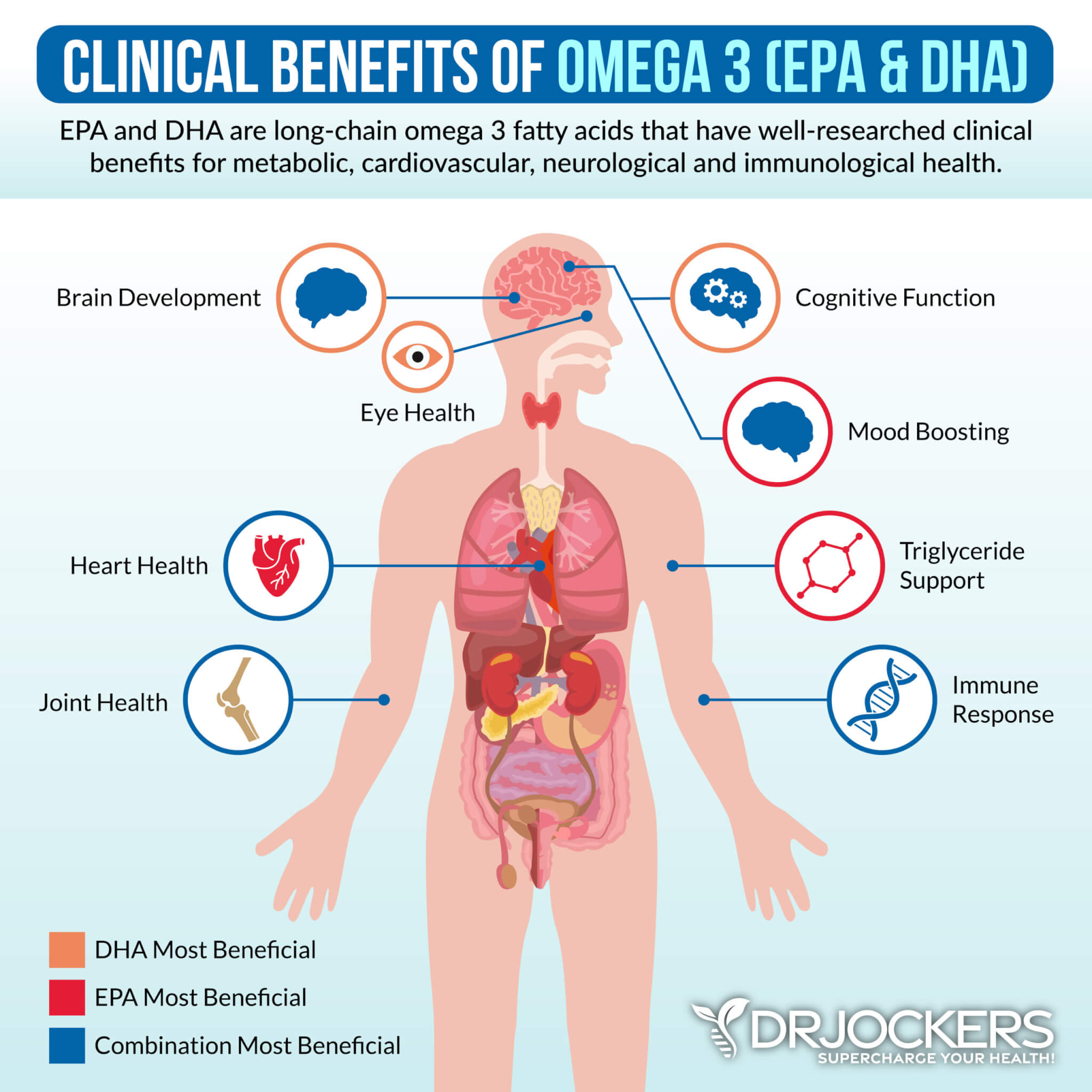
7. Reduce Toxin Exposure
Exposure to environmental toxins (or xenobiotics) is linked to limbic system impairment. These toxins are everywhere. They are found in the food we eat, the air we breathe, the products we use, and the water we drink. Personal care products, household cleaners, medications, heavy metals, smoke, and mold exposure are all environmental toxins.
Exposure to toxins is harmful to the brain. When the brain absorbs toxins such as solvents, chemicals, and heavy metals, the brain’s function is impaired. This can cause symptoms such as memory loss, inability to focus, depression, fatigue, seizures and more.
Over 200 chemicals are known to cause clinical neurotoxic effects in adults (5). Toxins can damage DNA structures and healthy cells (6). These damaged cells accumulate in the body and cause inflammation. It is important to reduce exposure to toxins for proper functioning of the limbic system.
Detoxification strategies include eating an anti-inflammatory diet, super hydrating, using enemas, dry dry brushing, sunbathing, and sweating through exercise or saunas. You can also incorporate supplements that aid the body in cleansing toxins such as BioToxin Binder or HM-ET Binder.
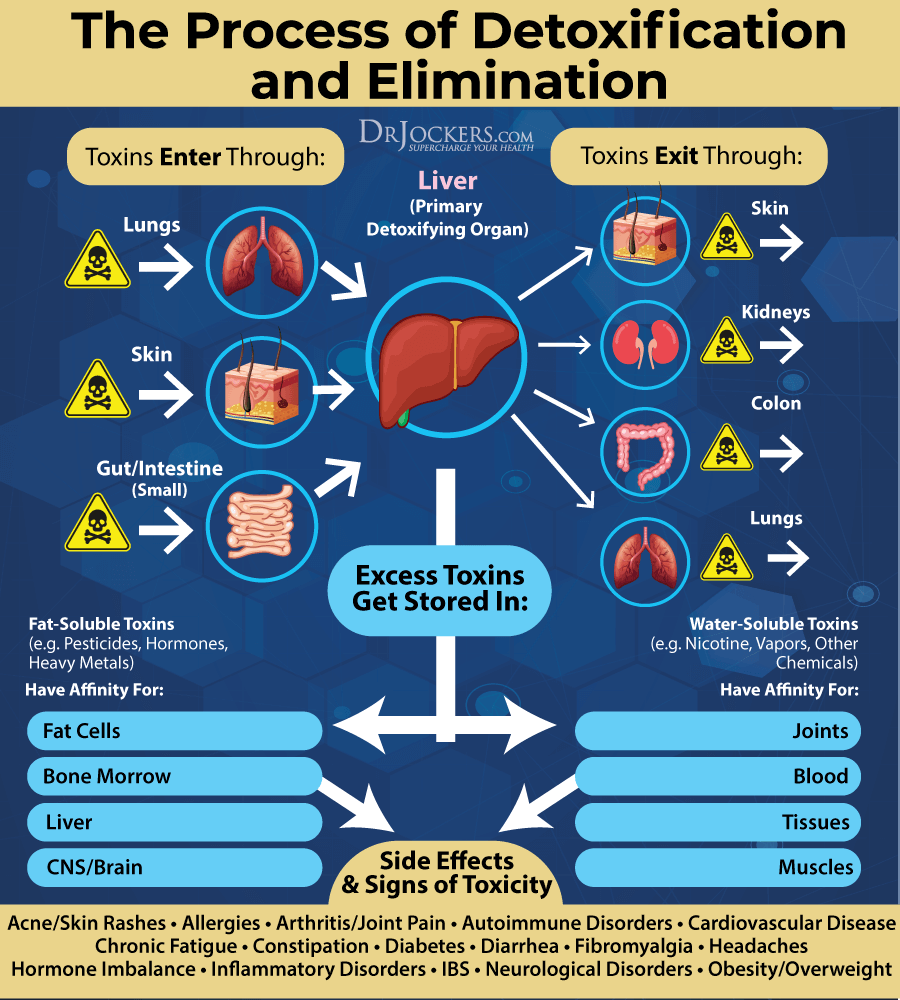
8. Prioritize Restorative Sleep
Restorative sleep is critical for optimal brain function. Sleep reduces inflammation and restores the brain by flushing out toxins (7). One of these toxins is a toxic protein called beta-amyloid that accumulates in the brains of patients with Alzheimer’s. Sleep also allows the neurological system to upregulate appropriate neurotransmitters and rebuild myelin sheaths that protect and insulate nerve fibers.
A lack of sleep significantly impacts cognitive function impairing reasoning, problem-solving, attention to detail and other effects (8). Sleep deficiencies cause blood sugar imbalances, increase inflammation, and increase cortisol secretion, which may contribute to cognitive problems.
Magnesium is an important micronutrient that plans a critical role in stress and sleep. Supplementing with magnesium, such as Brain Calm Magnesium, may help the brain signal the body for sleep. Other strategies for better sleep are getting sunlight during the day, avoiding artificial light, blacking out your room with blackout curtains or using a sleep mask, and forming healthy sleep habits.

9. Get Daily Movement
Physical exercise is one of the best ways to maintain optimal brain function. Exercise increases blood flow and supplies oxygen to the brain. Exercise may even stimulate hippocampal neurogenesis, new brain cell growth.
Studies show how beneficial exercise is to brain health. The recently published results of a 44-year study, researchers found that cardiovascular fitness levels had a clear association to the risk of developing a degenerative mental condition (9). A 2016 study showed that lowered fitness levels were equivalent to an additional year of brain aging in healthy individuals (10).
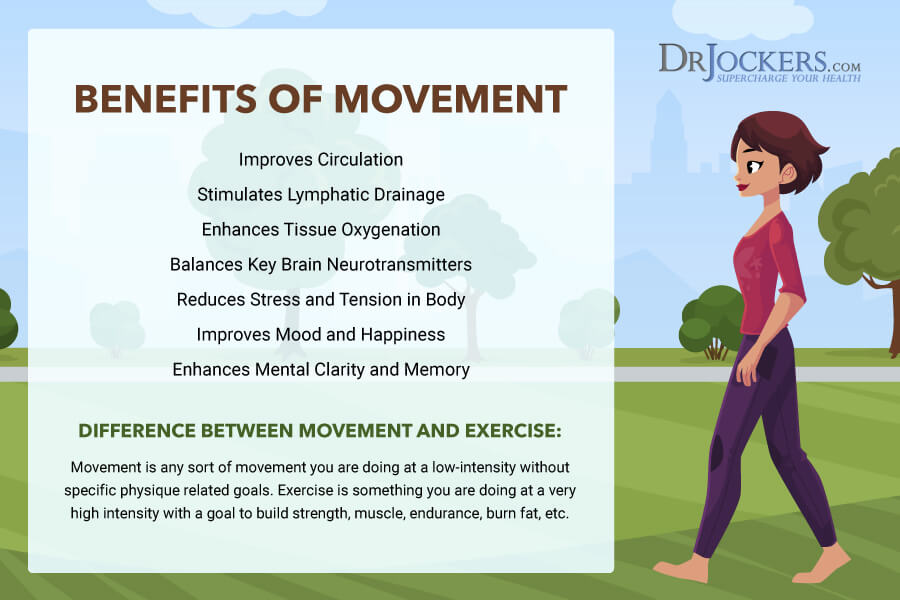
10. Try a Limbic Retraining Program
There are neuroplasticity-based therapies designed to retrain our limbic system. These therapies help us to “rewire” our brains, creating new, healthy neuronal pathways to take over previously damaged functions. Some popular retraining programs are the Gupta Amygdala Retraining™ Program (ART), Dynamic Neural Retraining System™ (DNRS™), ANS REWIRE recovery program, Buteyko Breathing Method, and Lumosity Brain Game.
The concept behind limbic retraining is that we can reprogram our unconscious stress response and calm the overactive limbic system. Once the limbic system is calmed and out of a continual fight or flight mode, the suppressed bodily systems (detoxification, immune) will begin to function normally again. Let’s look more closely at a few of these methods.
Use The Brain Tap System
The Brain Tap System is a brilliant system that helps to restore your brain’s natural ability to balance. It helps to soothe your brain. It enhances relaxation and revitalization. This system activates the vagus nerve and provides you with a range of brain waves to achieve balance.
It is an incredibly quick easy, and effective way to improve your brainwaves, lower stress, feel calm and controlled, improve cognition, experience more energy, and positivity, and feel overall healthier. Only 10 to 20 minutes a day can make a tremendous difference in your brain health, mental health, energy, and physical well-being.
Gupta Amygdala Retraining Program
The Gupta Amygdala Retraining™ Program (ART) was developed by Ashok Gupta after he struggled with ME/CFS. It is an online membership program with 15 interactive video sessions and weekly webinars.
This brain retraining program drawn from many spheres of therapy, coaching and healing. It includes audio exercises, meditation, and visualizations, along with advice on diet, sleep, and more. Use the coupon code JOCKERS at checkout to save $50 on this revolutionary program.
Dynamic Neural Retraining System
Annie Hopper’s Dynamic Neural Retraining System™ (DNRS™) is designed to address many conditions associated with a maladapted chronic stress response. There is a live 5-day interactive training seminar with direct access to DNRS facilitators.
For those who cannot attend a live seminar, Hopper developed a 14-hour instructional video. This program is a neuroplasticity-based rehabilitation program designed to help you build new neuronal pathways.
Emotional Freedom Technique (EFT)
Emotional Freedom Technique (EFT) works at a physical level to help the body heal itself by balancing the energy system. EFT involves gentle fingertip tapping on points on the face and hands, which are the endpoints of the energy meridians used for thousands of years in acupuncture and acupressure.
Unlike acupuncture, EFT involves no needles and is completely non-invasive. EFT is easy to learn and can be done individually. You can do it on your own or you can hire an EFT coach to help you get started. In the infographic below, you will find a detailed explanation of how to do it.
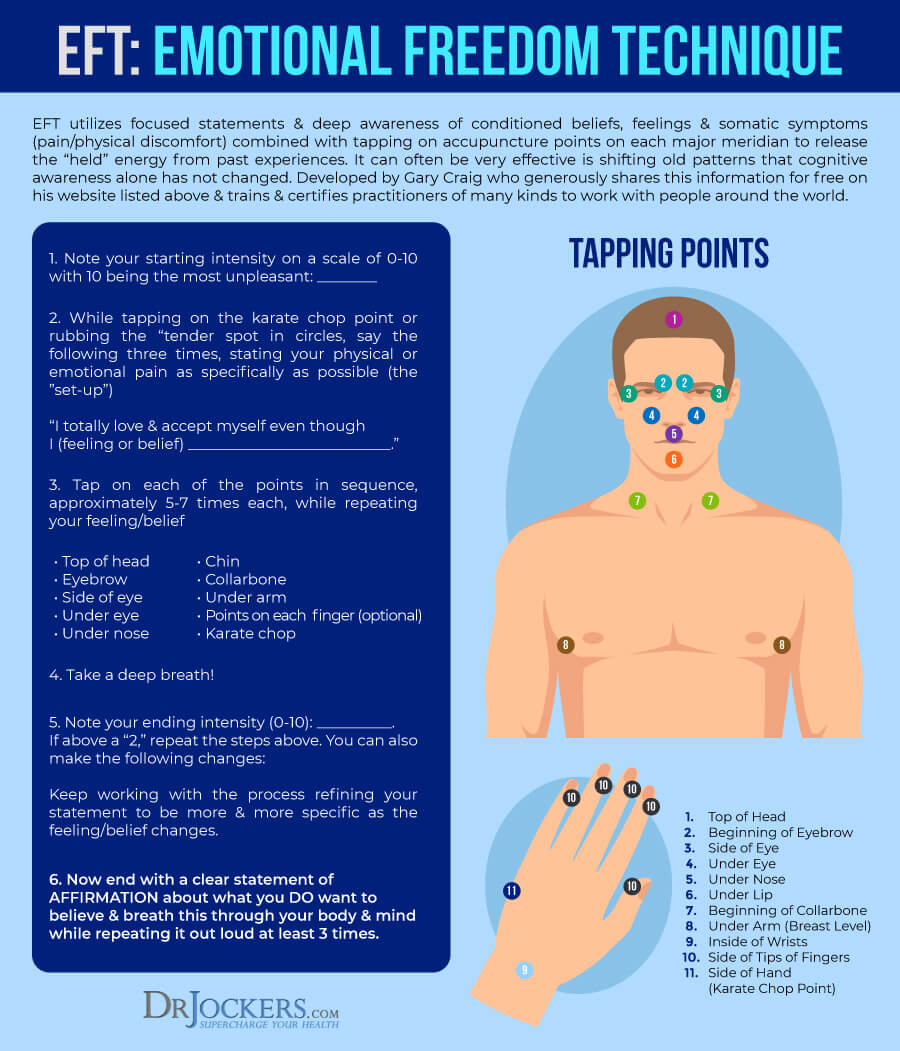
ANS Rewire Recovery Program
The ANS Rewire recovery program was developed by Dan Neuffer. The program is based on the understanding that the nervous system is affected by neurological, psychological and physical triggers.
The goal is to normalize ANS function through neural retraining along with specific strategies and treatments to help normalize inflammation, blood sugar, gut dysfunction, and more.
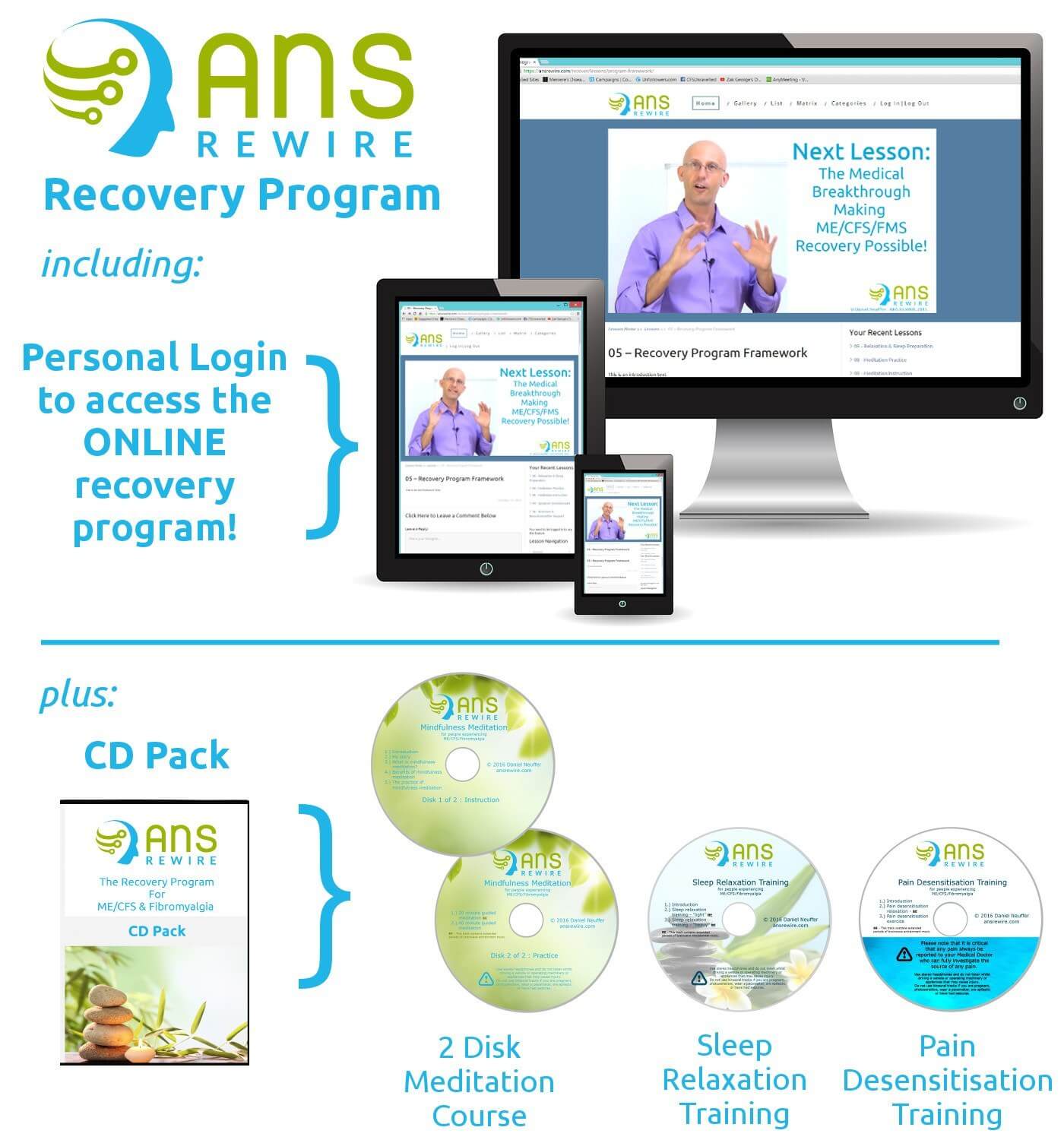
Conclusion:
The limbic system is a network of structures located in the midbrain. It is the feeling and reacting part of your brain. Your limbic system filters sensory and emotional information and sorts that information into two distinct categories: safe or unsafe.
Emotional and/or psychological stress and other types of trauma can impair the limbic system. When not functioning properly, your limbic system can start to categorize information that would not normally be considered dangerous as life-threatening.
Limbic hyperactivity or dysfunction may play a role in many conditions, including multiple chemical sensitivity (MCS), chronic fatigue syndrome, fibromyalgia, and a number of other conditions.
Limbic retraining helps you retrain your limbic system to respond in a functional manner, thereby reducing symptoms. It is also important to address underlying causes such as infections, chemical exposure, EMFs, mold toxicity, and more.
If you want to work with a functional health coach, I recommend this article with tips on how to find a great coach. Our website offers long-distance functional health coaching programs with our world-class team of health coaches. For further support with your health and other goals, just reach out—our fantastic coaches are here to support your journey.
Inflammation Crushing Ebundle
The Inflammation Crushing Ebundle is designed to help you improve your brain, liver, immune system and discover the healing strategies, foods and recipes to burn fat, reduce inflammation and Thrive in Life!
As a doctor of natural medicine, I have spent the past 20 years studying the best healing strategies and worked with hundreds of coaching clients, helping them overcome chronic health conditions and optimize their overall health.
In our Inflammation Crushing Ebundle, I have put together my very best strategies to reduce inflammation and optimize your healing potential. Take a look at what you will get inside these valuable guides below!


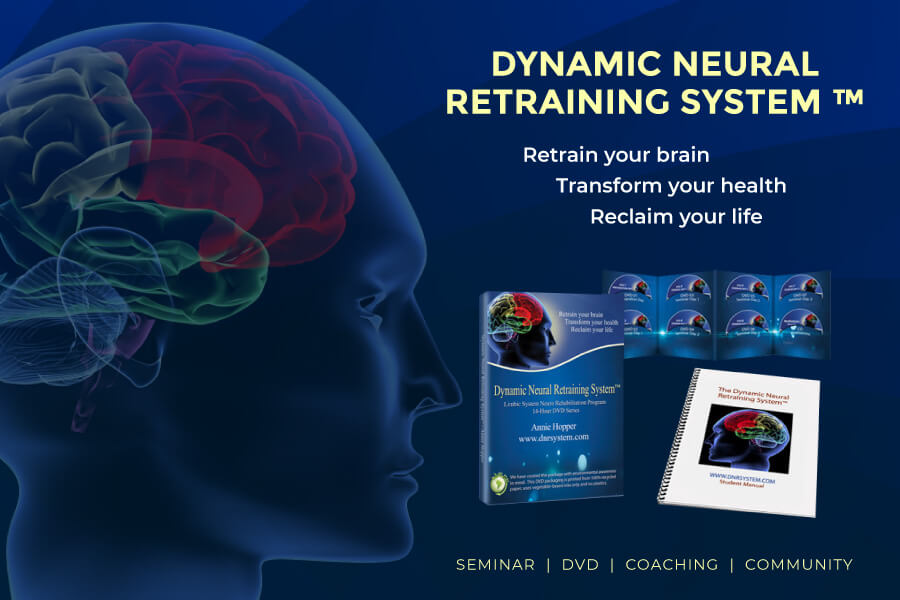




Great article!
Thank you!
This information is fascinating and makes a lot of sense. I recommend that everyone reads every word as I did.